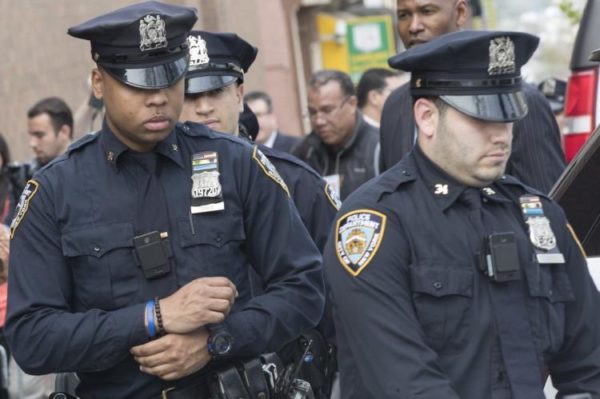July 2, 2014
By Neal Tepel
New York, NY – The momentum for higher minimum wages started in New York City. The initiative began when hundreds of workers in the fast-food industry asked for $15 an hour and the right to form a union without retaliation. As concern for income inequality spread across the country – cities and states as well as many major companies have increased their minimum wage for workers.
IKEA made headlines recently announcing that it was going to raise its minimum wage for employees by 17 percent—to an average of $10.67 and as high as $13 in some high-cost areas. IKEA will peg each store's minimum wage to the cost of living for that area determined by the MIT living wage calculator. That same measure shows that the fast-food workers' demand of a $15 an hour wage is actually quite modest in cities across the country for a single adult with one child — let alone someone trying to support a family. IKEA President Rob Olson dismissed claims by other corporations that raising wages would be bad for business, and instead, he said it would ultimately benefit the bottom line by reducing employee turnover and boosting recruitment.
The Gap began implementing its minimum wage hike. The company's CEO, Glenn Murphy, told CBS that applications to Old Navy are up 20 percent since the company announced it would raise wages to $10. "When it's all said and done, this is a race for talent, and if we have the best talent…, then we're going to win."
Even McDonald's, which USA Today cited as "the biggest target of a wave of fast-food worker strikes for better pay," recently said it could handle a hike in the federal minimum wage to $10.10.
The growing list of companies not waiting for Congress to increase the minimum wage also includes fast-food joints – In-N-Out Burger and Shake Shack.
Cities and states around the country are not waiting on Congress to heed the call of fast-food workers that minimum wage is not enough to afford the basics.
Berkeley's City Council unanimously passed an ordinance to increase the city's minimum wage to $12.53 over two years. San Diego moved one step closer to seeing an increase in the minimum wage to $11.50 by 2017. And Massachusetts Gov. Deval Patrick signed into law a bill to raise the minimum wage to $11 an hour by 2017 — the highest state minimum wage in the country.
Fast-food employees are continuing to call for $15 an hour and the right to form a union. This has resulted in increased support for low wage workers in all industries. In every neighborhood and town across America concern for income inequality in our country is growing.
*** This LaborPress article is one in a series that focus on the struggle for higher wages In retail and the fast-food industry.



